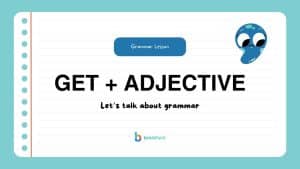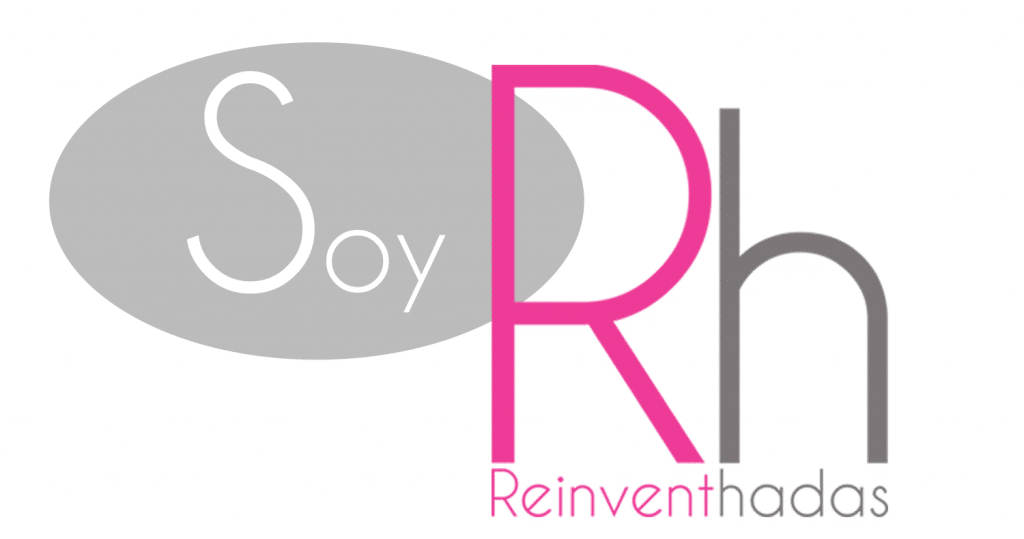GET + NOUN: ‘GET‘ is one of English’s most common and versatile verbs. Most English students find it confusing to understand. Native speakers use it in practically every discussion. What does this mean? And why does it appear in so many varied situations? Continue reading to learn more and get confidence in utilizing the word ‘get’.
When using GET, you may consider two things:
1. It is informal: The phrase “to get” is commonly used in informal English. It is seldom used in formal writing or speaking (e.g., in a presentation or report).
2. The meaning depends on the context: Because “to get” has so many diverse connotations, people can only tell which meaning is being utilized based on the context of the statement.
I urge that you begin using “get” yourself so that you are ready to grasp it when you hear it. When writing in a formal situation, avoid using it because it sounds too casual. In this scenario, utilize more standard verbs.
There are different structures for the verb “GET”, depending on if it is followed by a noun, an adjective or a verb. In this post today we’ll focus on its meaning when followed by a noun.
“GET” + NOUN When we use “get” with a direct object, we often mean “obtain, receive, arrive, take, understand, bring, or become”. The precise meaning depends on the object.
- GET = OBTAIN
You can get information on walking and cycling routes at the reception.
Let’s just get some rest and warmth in the meanwhile.
We are passionate about helping you graduate and get a job.
In this circumstance, you must use your influence and get results.
It is a smart idea to get the phone number or business card of the driver.
It’s time for us to get a place of our own together and move out of our parents’ house.
- GET = RECEIVE
The donors get a gift for making a donation.
If they approve your request, you’ll get an email.
Complete the test and get an award.
You might get a raise if you keep up the fantastic work.
- GET = ARRIVE; REACH
He was injured and needed to get to the hospital.
I’ll call you later because I need to get to work.
! NOT to be confused with “start to work”
Do as you’re told and get to work.
The children have to walk for half an hour to get to school.
I have to get to home before my mother does.
She’s the only one who can get to here that quickly.
If you drive faster you might get to there on time.
How long did it take you to get to the top of the mountain?
- GET = TAKE
I’ll get the train / car / bus / plane back to Madrid.
!NOT to be confused with get on / off the bus/car/plane/train
The driver didn’t see Mr. Smith get on or off the cab.
- GET = UNDERSTAND
Nobody seems to get the joke.
If this is a joke, I don’t get it.
I don’t get why she called you first.
I don’t get how this connects it to my bank.
- GET = BRING
Would you please get me a drink?Please get that coat over there and I’ll be leaving.
¿QUIERES DESCARGARTE ACTIVIDADES GRATIS RELACIONADAS CON ESTE POST?
Haciendo click AQUÍ podrás descargarte de forma gratuita ejercicios relacionados con todo lo que acabas de leer: vocabulario, idioms and expressions…
RECUERDA: si quieres clases de cualquier idioma a cualquier nivel, tanto grupales como particulares, sólo tienes que ponerte en contacto con nosotras escribiendo a brickfield.ci@gmail.com o por WhatsApp al 611 127 699













Comentarios recientes